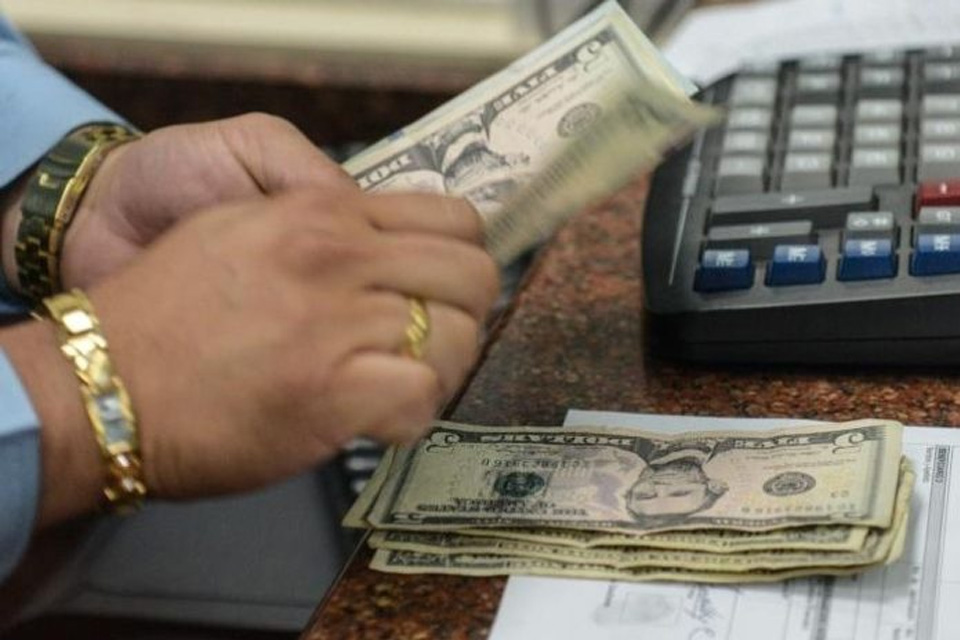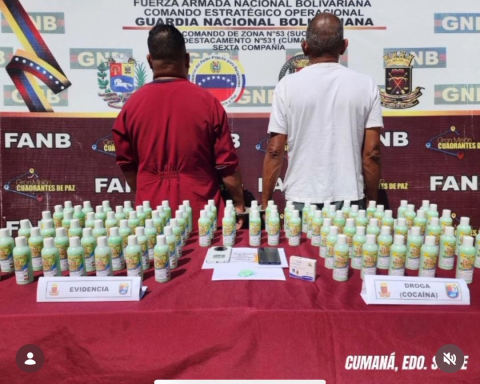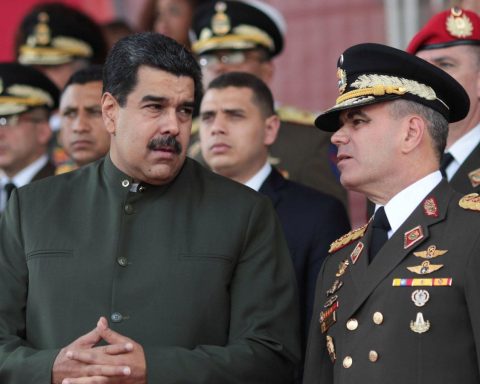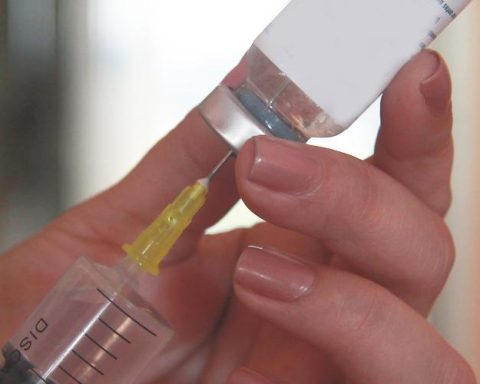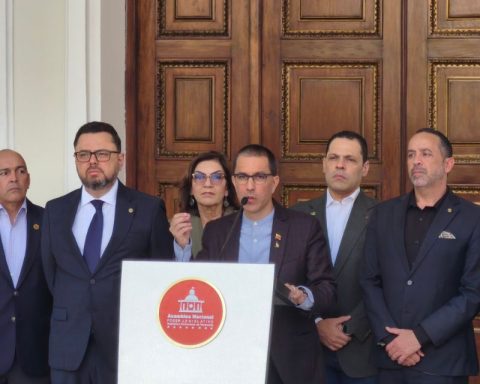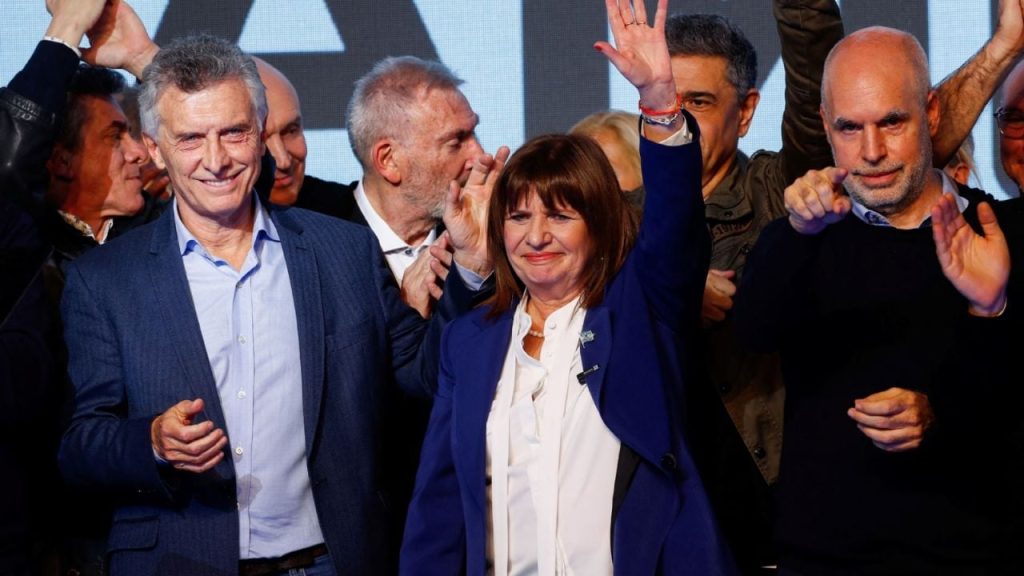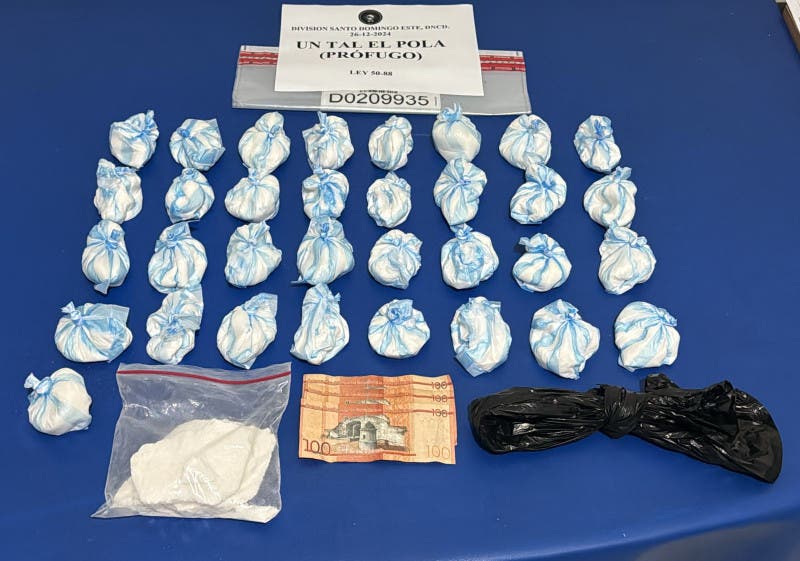Since last June 28, the country has been under reinforced surveillance by the International Fiscal Action Group (FATF), an intergovernmental organization that combats money laundering and terrorist financing.
The Basel AML Index is a tool that evaluates the risk of money laundering and terrorist financing (ML/TF) in various countries, assigning scores from 0 (lowest risk) to 10 (highest risk).
In the 2024 edition, Venezuela obtained a score of 7.59, placing it in position five among the countries with the highest risk of ML/TF worldwide of the 164 countries evaluated.
The top of the list with the worst indices in 2024 It was occupied by Myanmar with 8.17 points, followed by Haiti 7.92, then the Democratic Republic of the Congo with 7.73; Chad with 7.60 and Venezuela with 7.59 points.
The five best evaluated are San Marino with 2.96 points, Iceland with 3.00, followed by Finland with 3.07 then Estonia with 3.16 and Andorra with 3.29.
Source: https://index.baselgovernance.org/map
The Basel AML Index (Anti-Money Laundering Index) is a tool developed by the Basel Governance Institute that measures the risk of money laundering and terrorist financing (ML/FT) in different countries. This index is based on an analysis of key factors that determine the risk of a country being used for illicit activities related to money laundering and terrorist financing.
Already months ago in 2024, decisions had been issued regarding the valuation of assets and Venezuela. Since last June 28, the country has been under reinforced surveillance by the International Fiscal Action Group (FATF), an intergovernmental organization that combats money laundering and the financing of terrorism or the proliferation of weapons of mass destruction.
Countries under this condition enter the gray list and basically means that the FATF detected relevant deficiencies in their prevention systems and that the government assumes the commitment to overcome them in the shortest possible time.
The FATF is part of a global network, together with regional organizations, that acts in more than 200 countries. Including a country on its gray list does not require due diligence to be intensified, but it is an element to take into account in risk analyses. This, in practice, makes transactions in the international financial system difficult.
The perception in the banks is that there is a greater risk and they intensify controls for the mobility of money. Furthermore, foreign investment is discouraged; This is why the 21 countries that are on the gray list cooperate to get out of it as soon as possible.
The study The Impact of Gray-Listing on Capital Flows: An Analysis Using Machine Learning prepared by Mizuho Kida and Simon Paetzold, published by the International Monetary Fund, analyzes the impact of the gray list on capital flows in a sample of 89 countries between 2000-2017 and concludes that the effect is relevant.
The results suggest that, on average, when a country is on the gray list, capital inflows decrease by an amount equivalent to 7.6% of GDP and foreign direct investment by 3% of GDP.
To prevent money laundering and terrorist financing, the FATF made forty recommendations which include financial, legal and behavioral measures. It periodically carries out evaluations, together with governments, to analyze the level of compliance with each recommendation.
In March 2023, it published the report on the latest evaluation carried out in Venezuela and in the technical compliance of the forty recommendations, in 31 of them, it observed non-compliance or partial compliance.
The report indicated that the country “has limited legislative tools, regulations and structures that prevent it” from acting efficiently. Suspicious activity reports are prepared manually and delivered to a window of the National Financial Intelligence Unit.
“The general director of the National Financial Intelligence Unit is appointed by the President of the Republic without any requirements for the exercise of public office. This weakens transparency regarding selection criteria, suitability and operational independence,” the report said.}
He also pointed out that “the Bolivarian Republic of Venezuela has demonstrated that it carries out investigations and prosecutions of money laundering. However, these investigations are not consistent with the risk and context of the country since there is a low number of cases processed.”
Post Views: 45
